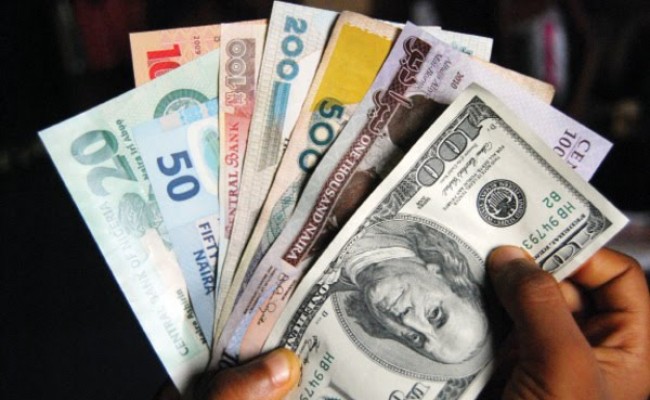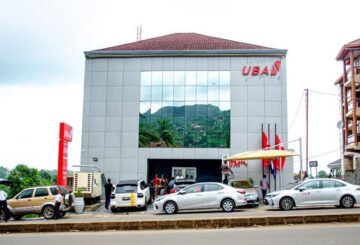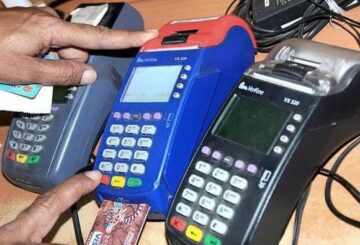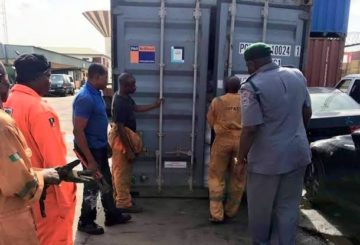On Monday, naira plunged against dollar, shedding the strength it had gained the previous week and hitting an average of 1,030/$ on the parallel market.
In relation to the N950 it ended the week at last Friday, this indicates a N80 loss, or an 8.42% decrease in the value of the local currency.
Since the Central Bank of Nigeria started to clear some of its FX backlog last week, this is also the first time that the value of the naira has declined.
Naira was selling at between N990 and N1,030/$, according to currency dealers, also referred to as bureaux de change operators.
A vendor identified himself as Awolu stated, “The dollar is N995 if you want to sell. If you want to buy from me, it is N1,020.” Another trader, Kadri, added, “The dollar is N960 if you want to sell. If you want to buy, it is N990.”
You may remember from last week’s news that the apex bank had started to compensate the banks for unpaid matured foreign exchange forwards.
After weeks of the naira plunging to record lows, this was intended to increase liquidity in the foreign exchange market. About $6.7 billion in past-due forward payments were outstanding, according to Finance Minister Wale Edun.
With the naira gaining almost N220 after ending the week at N950/dollar on the parallel market, this action swiftly caused the currency to appreciate. This impetus appears to have left the naira.
Confirming dollar’s closing price, Gwadabe revealed to the media, “In the afternoon, it was N1,015 and N1,020/$. It closed at N1,030/$.”
Speaking further, “Speculators are always looking at elements of sustainability. Once they sense that it (the injection) is not continuous, they begin to react. They begin to react. It is the reaction of the market we are witnessing. Also, there is resistance. There are people that bought at a higher price that this does not favour. People are not willing to take further losses.
“The only way we can continue to achieve the rate is by continuing to send confidence to the market. Tell the market that another window is opening, and boost liquidity. The parallel market is where the retail end is. And as of now, there is no information as to how liquidity will come into that sector. All we have is that BDCs will be included to advance the official foreign exchange market. We cannot wait in the FX market.”





